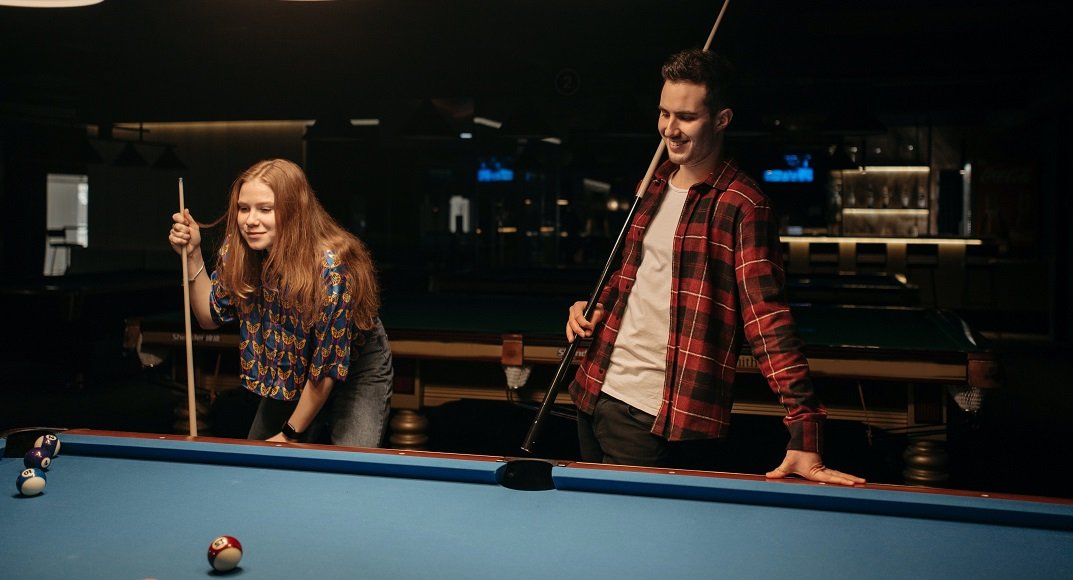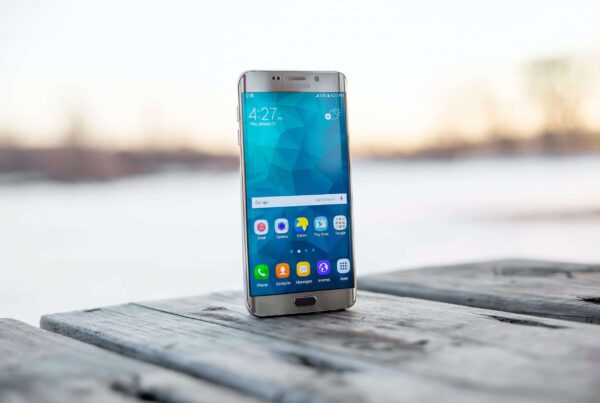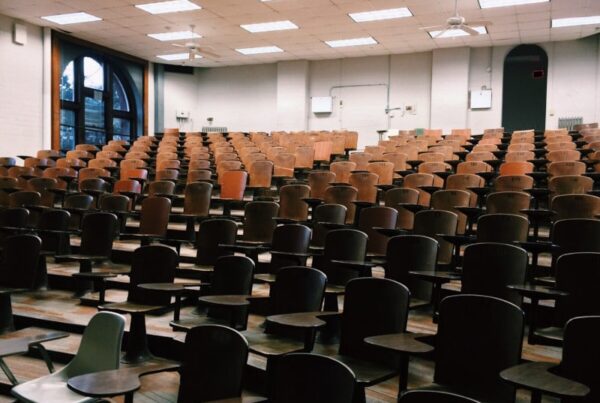It is difficult to write about ‘the deaf community’. There are many different, close-knit Deaf communities, which have a lot of meaning for Deaf people. Before I can explain which deaf communities there are, I must first tell something about different types of deaf people, with their own backgrounds and identities.
Claire is an independent entrepreneur and commits herself with her company Klinktprima.nl to people with hearing impairment in the labor market. She is deaf and lives with her husband and her son in Helmond.
Difference between early, late, and sudden deafness
Early deaf people are often deaf at birth or young age and are raised in sign language. This group is usually already attached to an ownership group from school, or through a welfare foundation or special activities.
Plots and late deaf people became deaf later in life. They have difficulty understanding people because they cannot yet read lips and do not know sign language. Some suddenly deaf people have learned to lip-read and supportive sign language in a very short time, which enables them to communicate well. Because they did not grow up with sign language and other deaf people, it is more difficult for them to ‘belong’. Different background and different communication make it more difficult to build up a bond with early deaf people.
There are also separate foundations for the suddenly and late deaf, where this group regularly discusses their experiences and knowledge with each other. They also do fun activities to relax and have fun.
Hearing impaired and cochlear implants
To make things even more complicated, the hearing impaired are also part of this group, but there is a great deal of diversity within it. People with more severe hearing loss can identify with people who are deaf and feel at home in a deaf environment. People with mild hearing impairment find each other in a separate group.
Then some people received a Cochlear Implant (CI) at an early age or later. They are often deaf or severely hard of hearing, but with their CI they are effectively less hard of hearing. Still, they feel the need to come together in this separate group to share their CI experiences and knowledge.
Strong together
There are various communities for all people with auditory disabilities, such as interest groups, foundations and also groups of friends. Because deaf and hard of hearing people live all over the Netherlands, the groups are often regional.
Besides groups where people with similar impairments meet, there are also groups for hearing impaired people in general. These groups fight for general interests and rights, the recognition of the Dutch Sign Language (NGT), interpreter facilities, audiological aids (hearing aids, CI), but also the place in society and participation in society.
In the past, it was very difficult for deaf people to get in touch with each other, because Whatsapp and e-mail did not yet exist. Some had to travel for hours for a deaf meeting.
My experience with the deaf community
As I was not born deaf, I only came into contact with sign language and deaf culture as a toddler. As a four-year-old girl, I was sent to a school for the deaf in Amsterdam, where I did not feel at home during part of my primary schooling. I have always been an outsider, because I was not accepted in the classroom because of my different cultural background and upbringing. I came in as a shy girl with little experience of sign language and no real deaf identity. As a result, I was regularly bullied. When this became too much, I was taken out of the class in group 6/7 and moved to another group. That is when everything changed for me, because I was accepted in the new class and made nice friends with some deaf classmates.
It was only later, when I started working after my studies, that I came into contact with Dovenschap in 2006 and met many deaf people there. This opened my eyes to what a deaf community can mean.
Activities for and by deaf people
In the years that followed, I became more active in the deaf community. I have done a lot for Grow2Work, a project to improve the labour market and work environment. I regularly came into contact with different age groups and different groups of hearing impaired people live and on Facebook. These experiences dared me to step out of my comfort zone, open up more and become an entrepreneur.
In my spare time I go to World Deaf Day, an important day for all hearing impaired people. It is a day where thousands of deaf people and professionals share knowledge and information, do fun activities and attend workshops. I enjoy looking around, chatting with the deaf people present and professionals from different organisations.
Sencity is an annual party, organised to enjoy together




